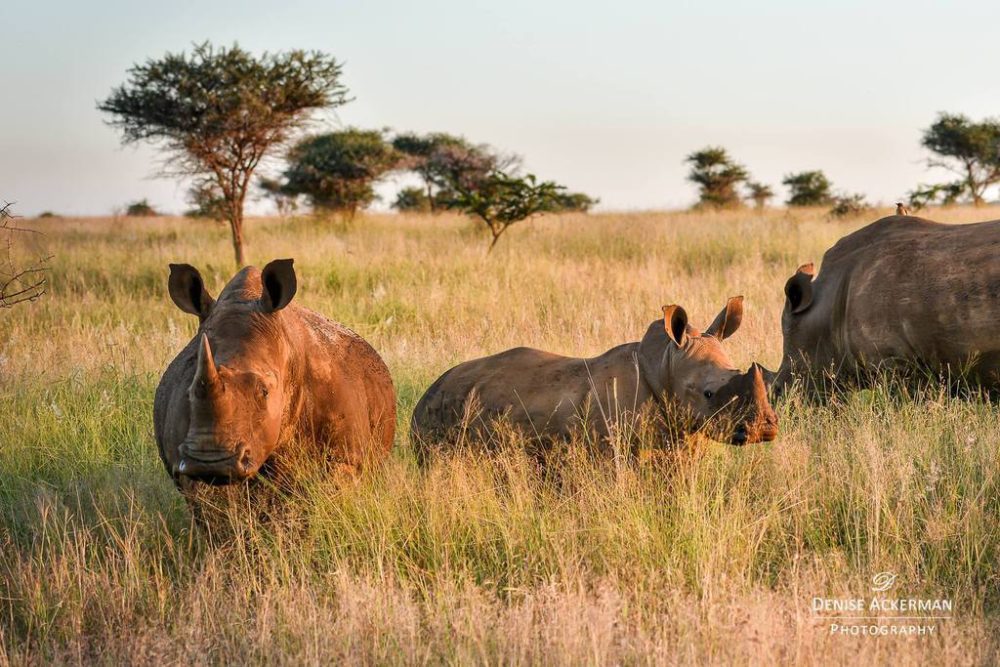Congratulations to the winner of the Prince William Award for Conservation in Africa, Carlos Lopes Pereira
Carlos Lopes Pereira, a member of the IUCN SSC African Rhino Specialist Group, has been instrumental in securing convictions for wildlife traffickers in Mozambique. His dedication has helped convict a number of wildlife criminals, including the country’s first case of a foreign national jailed for crimes against wildlife, when a Chinese citizen was sentenced to 15 years’ imprisonment after being arrested with 4.2 kg of rhino horn. Carlos’s work also laid the foundations for a lengthy conviction for two poachers who killed two rhinos in Limpopo National Park in Mozambique, which borders Kruger National Park.
Convicting wildlife traffickers is no easy feat. It may seem obvious – catch someone with illegal rhino horns, arrest them and convict them of a crime they committed. But in reality this is not a simple task. Extensive evidence of wrongdoing is needed and corruption in the courts or at other points in the enforcement chain often has to be avoided.
The sentences from Mozambique, thanks to Carlos and others within his team, not only demonstrate that poaching and trafficking will not be tolerated within the country, but also show exemplary collaboration with South African law enforcement efforts. As traffickers find new routes and look for new opportunities to evade arrest, working together is critically important to stop poaching syndicates.
Carlos’ expertise and commitment to stopping illegal wildlife trade has made a huge difference to wildlife conservation efforts. His work is often under the radar, and this award highlights the incredible importance of his role and work in protecting wildlife.
A huge thank you and congratulations to Carlos; his award is very well deserved! Congratulations also to all other winners and finalists at the 2019 Tusk Conservation Awards, who play a vital part in preserving the rich diversity of our planet.









